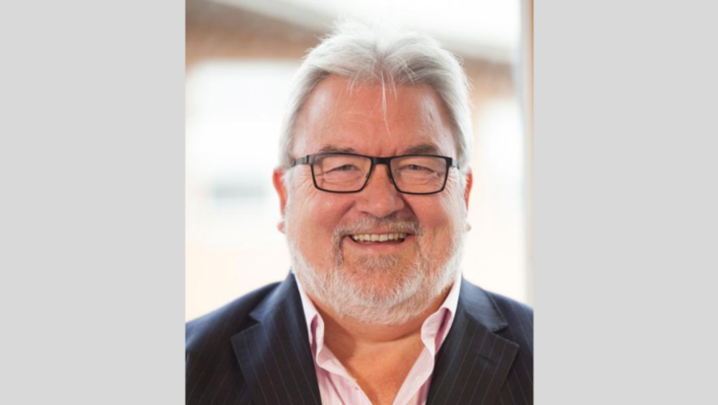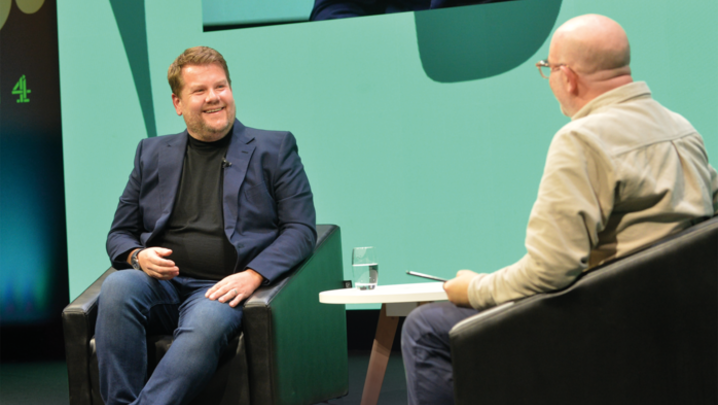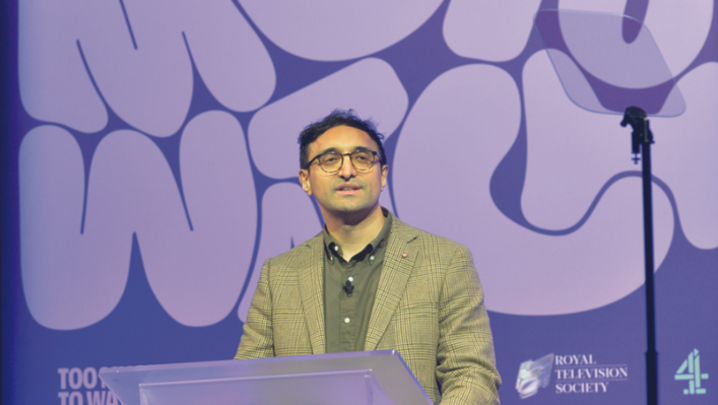As the BBC boosts its local activities, Graeme Thompson feels optimistic about the region’s future as a TV production hub.
The spectacular North East coast is a popular location for TV and film. Right now, its castles, cliffs and endless sandy beaches are playing host to ITV’s Vera and at least two Hollywood movies.
But location work – though good for the tourist trade – isn’t enough to sustain the region’s screen sector, which has never really recovered from two decades of successive rounds of BBC and ITV cuts.
The exodus of talent and the lack of opportunities for the next generation of crew and creatives has been highlighted in a series of conversations hosted by my university in association with the screen agency Northern Film + Media and Pinewood Studios.
The six two-hour sessions for students and early-career professionals were led by the film producer Lord Puttnam. Each one centred on the Catch 22 plight of new starters who struggle to find enough work experience or training to get them a foothold in a sector with an acknowledged skills shortage.
Some of the region’s most distinguished alumni, including screenwriter Lee Hall, producer David Parfitt and director Sir Ridley Scott, spoke of their own journeys away from home.
The regretful conclusion was that, without increased production and commissioning activity to create sufficient critical mass, places such as North East England will continue to struggle to compete with the lure of production hot spots such as London, Salford and Glasgow.
But there are signs that things are about to change. In his RTS lunchtime interview earlier this month, BBC nations director Rhodri Talfan Davies suggested the corporation’s £700m “levelling-up” strategy would benefit this corner of the UK.
“We’re missing out on the distinctive identity of the North East,” he admitted. “It’s about changing what we see on air. We need bigger, higher-profile projects in these areas.”
BBC Group Managing Director Bob Shennan has meanwhile been talking to me and other North East partners about what increased activity might look like. We need commissions, of course – one of the reasons those communities between the Scottish border and North Yorkshire have such a low appreciation score for the BBC is that viewers don’t relate to what they perceive to be its metropolitan focus.
But we also need more people with a successful track record of winning commissions and delivering content. Only then will we start seeing a sustainable sector in which the next generation of writers, directors, performers and crew can develop ambitions and livelihoods.
The BBC has promised that a new continuing drama will be made in the North of England. We’re lobbying hard for it to come to the land of the three rivers – the Tyne, the Tees and the Wear.
Manchester has Coronation Street, Liverpool has Hollyoaks, Leeds has Emmerdale. We can easily channel the humour of Auf Wiedersehen Pet, the compelling humanity of Our Friends in the North and the hair-raising antics of Geordie Shore into gripping BBC One primetime.
Alongside the BBC conversation, the University of Sunderland is talking to the makers of The Late Late Show and Sunderland ’Til I Die about opening a northern production base on campus.
Fulwell 73 – named after the famous football stand at Roker Park and Sunderland’s celebrated FA Cup win of 48 years ago – wants its move to the North East to uncover new talent and tell new stories. But the group’s managing partner, Leo Pearlman, is also passionate about working with the university and others to support the skills agenda.
The arrival of a successful and experienced production company alongside a BBC commitment to more content will be a transformative moment. Imagine a time when major productions can be conceived, developed, written, staffed, shot and edited here. And we can even make use of our own brilliant locations.
Graeme Thompson is pro vice-chancellor for external relations at the University of Sunderland and Chair of the RTS Education Committee.







